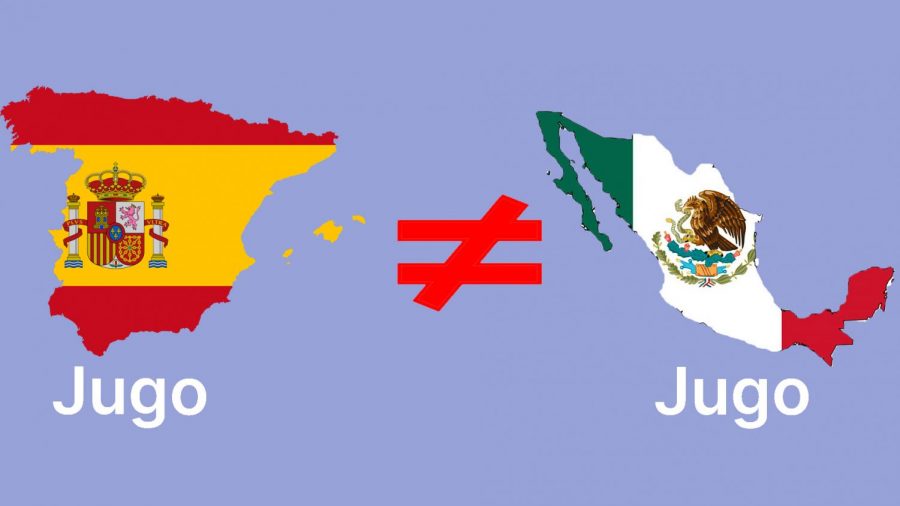10 Spanish Words with Different Meanings
Watch out! These Spanish words don’t always mean the same thing!
Spanish is a love language, but what happens when those words overlap and mean different things? Latin America includes over 30 countries between North America, South America and the Carribean. Each country has its own slang and culture. Over the centuries, as each country evolved and became its own, so did their Spanish.
It’s very common for a culture to have slang words – colloquialism ties a culture together. Sometimes countries have different words for the same thing or the same thing means something completely different depending on where you go. What might mean something innocent in Mexico can mean something completely different in Guatemala. Here are some words that mean different things depending where you go in Latin America.
Torta
In Mexico, a person might go to a restaurant and order a torta, which is something similar to a sandwich. If that same person goes to Spain and asks for a torta they may be shocked when they are served a birthday cake.
Chucha
In some Latin American countries, such as Chile, a person might use “chucha” to explain something that is far away, but in Argentina it can mean a female reproductive organ. It also has a different meaning in Columbia, where it translates to smelly armpits.
Chucho
Chucho can mean many different things throughout Latin America. El Salvador, Honduras, Argentina, Mexico, and Chile all have different meanings for this one word. In El Salvador, “chucho” means a little dog. The same word in Honduras can translate to stingy. If you go to Argentina you can use this word to describe the cold weather. In Mexico the word is used to describe a person who is skillful. In Chile, if they tell you that you are going to the “chucho”, you might need to call your lawyer because they are taking you jail.
Jugo
Jugo in many countries translates to juice, but in Spain it actually means the juice that comes from meat. Be careful if you use this word in Spain, because instead of getting a nice glass of orange juice, they’ll probably look at you funny and hand you a warm glass of meat juice.
Coche
In your Spanish class you might have learned that “coche” means car, but you don’t want to call someone that in Guatemala. In Guatemala the word really means pig. The same word in Chile is used to refer to a baby stroller.
Pasteles
In many Latin American countries, like Mexico, this word translates to cakes, but if you go to Puerto Rico it’s for a different type of food. In Puerto Rico, pasteles are like a tamale, but made with banana instead of corn.
Buzo
Buzo in many countries means a diver, but in Argentina it means a sweatshirt. In Guatemala it can translate to someone who is good at something. In Costa Rica and Chile it can be used to say sweatpants.
Mona
In Spanish, “mona” means a female monkey, but in some countries it has different meanings. In Spain, it means a cute girl. In Columbia, the word is used to refer to a blond lady. In Venezuela, it is used to describe a girl who is conceited.
Guagua
In some Caribbean countries like the Domician Republic and Puerto Rico guagua means a bus, but in Chile it is the word for a baby.
Saco
In some Latin American countries saco means a man’s jacket or sometimes a dressier jacket – that is not the case in Spain. In Spain, saco means bag. Both are items of clothing, but completely different.




garth • Apr 25, 2025 at 6:40 pm
Enjoyed the article, but surely you know that Colombia is spelled without the letter “U”?